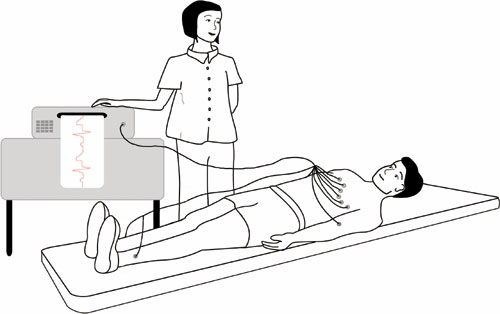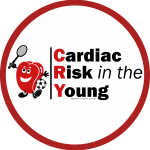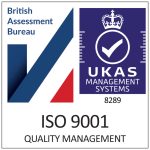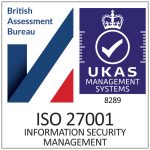The ECG is the most basic cardiac test. The ECG involves taping electrical leads onto your legs, arms and chest to take readings of the electrical activity of your heart. These are printed out onto a piece of paper for the doctor to examine. If the first ECG does not show any sign of a channelopathy, the ECG test can be repeated later.
Signal averaged ECG *
This is an ECG that adds together the electrical readings from at least 250 heartbeats so that any very subtle variations can be seen – for example, if the electrical impulses in the heart are being conducted more slowly. It is useful for diagnosing Brugada Syndrome, PCCD or ARVC.

Figure 4: ECG (electrocardiogram)
Electrical leads from the ECG machine are taped to the chest, legs and arms and a recording is made of the electrical activity of the heart.
How long does an ECG take?
An ECG test take between 5 – 10 minutes to complete.



